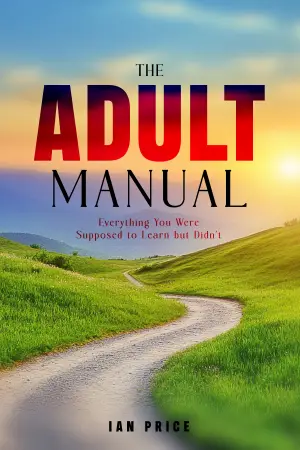Book Review: The Time Machine by H.G. Wells
As a dedicated fan of science fiction and a connoisseur of classic literature, I finally decided to dive into H.G. Wells’ The Time Machine. This seminal work, published in 1895, is renowned for not just its intriguing narrative but also its exploration of profound societal themes. The idea of journeying through time appealed to me greatly, as I have always been fascinated by the implications of time travel on human existence and our societal constructs.
Wells’ unabridged edition allows for an authentic experience, and I must say, it did not disappoint. The novel serves not merely as a thrilling adventure but also as a thought-provoking exploration of humanity’s future. The concept of encountering two disparate future civilizations—the indolent Elois and the subterranean Morlocks—shines a light on the class struggle, a theme reiterated by the reviewer, The Gamer Student. This poignant observation of how class differences dissolve and transform over centuries struck a chord with me as I read through the eerie representations of future societies.
One of the significant positives I found was the rich imagery present throughout the text. The descriptive passages made time travel feel tangible, transporting me vividly to a future where humanity’s fate seemed bleak yet enthralling. One of my favorite moments explained humanity’s instincts: “What, unless biological science is a mass of errors, is the cause of human intelligence and vigour? Hardship and freedom: conditions under which the active, strong, and subtle survive and the weaker go to the wall…” This quote encapsulates Wells’ ability to weave science with philosophy, prompting reflection on the very nature of our existence.
However, I did encounter some drawbacks in this reading experience. A few readers have mentioned the archaic language, and I, too, found it occasionally challenging. The style, while beautifully intricate, felt dense at times and may alienate younger readers or those less accustomed to older literary forms. This sentiment was echoed by Lila, who noted that the language and perspective shifts made it hard to navigate certain portions. While these elements added a layer of authenticity, they did require patience and careful reading.
In addition, I share Cc’s sentiments regarding the physical dimensions of the paperback. The book is indeed shorter than expected. It’s a quick read—perfect for an afternoon—but it can leave one wanting more depth and detail than fit comfortably within its 144 pages.
Wells’ narrative style also involves a shift in perspective that may alienate some readers. Initially, the story is told through a first-person narrator, leading to a transition to the Time Traveler’s own recounting of his adventures. While I found this method intriguing, I can see how some readers, like Lila, may prefer a more consistent voice throughout the narrative.
Overall, The Time Machine exceeded my expectations in the richness of its themes and its innovative storytelling. It is a genuine classic that stimulates thought alongside adventure. With a rating of 4.5 out of 5 stars, I would confidently recommend this book to anyone intrigued by the genre of science fiction. It’s an unforgettable journey through time that, even over a century after its publication, continues to resonate and provoke thoughtful discussions about our society and future.
In conclusion, if you are curious about the foundations of science fiction and seek a work that integrates speculative concepts with commentary on societal issues, The Time Machine will likely captivate you just as it did me. Whether you’re revisiting this classic or approaching it for the first time, the journey into Wells’ vision of the future awaits.
Discover the thrilling journey of time travel in H.G. Wells’ classic, The Time Machine. >>








